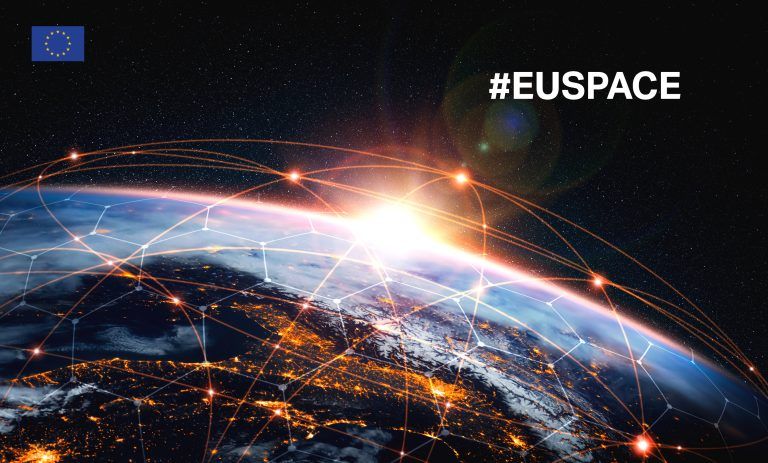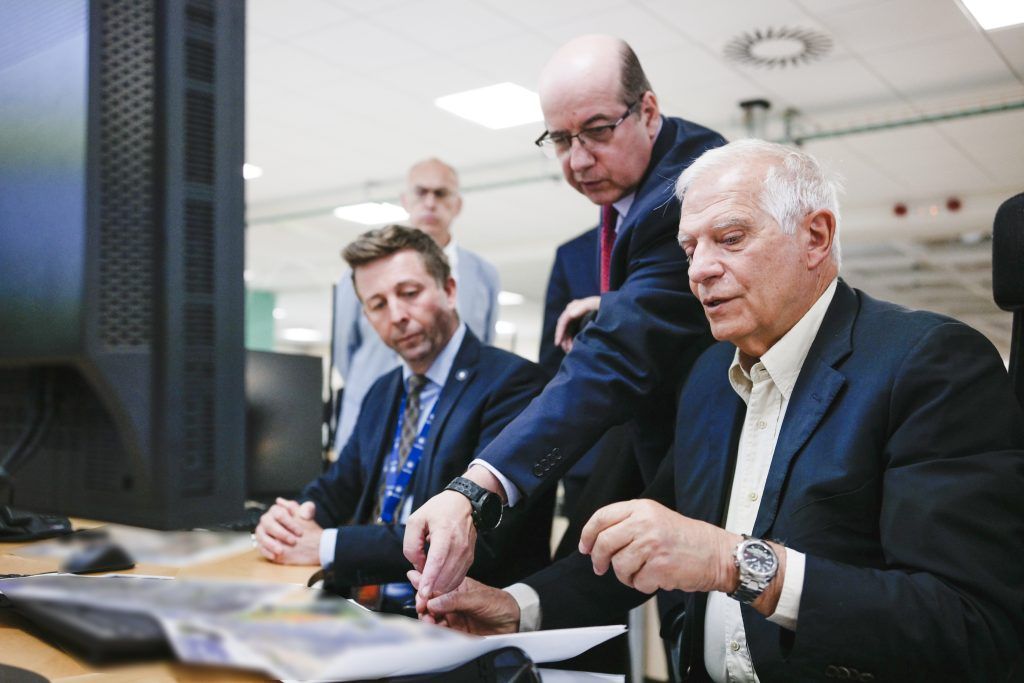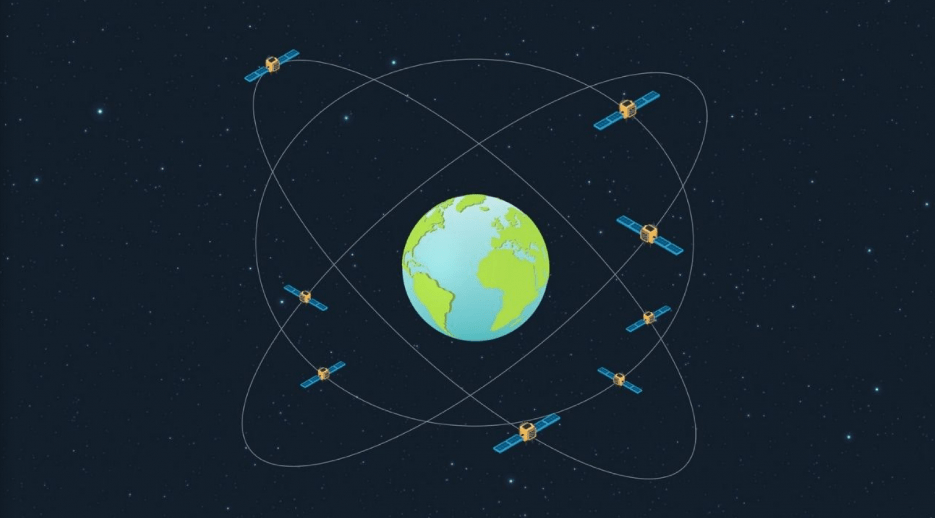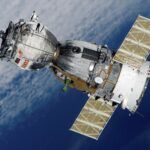The Galileo satellite GSAT0224 entered into service on 29 August. The satellite is named ‘Shriya’, after a Norwegian grade school student who won the Galileo drawing competition organised by the European Commission and the Norwegian Space Agency.
The news comes after extended In-Orbit Testing that took place in January-March, followed by participation in the In-Orbit Validation (IOV) for EUSPA/ESA’s finalized testing campaign for I/NAV improvements in July and August 2022.
Having passed the initial tests, the satellite was deemed healthy and ready to join the Galileo family, and after IOV participation, it is now also ready for faster convergence improvements!

EU Space is the key to disaster risk management and response
|
Continue to serve Galileo users around the world
The previous Galileo satellite GSAT0223 entered into service in May 2022. While the two satellites may be orbiting some 23,000 kilometres above us, their service impact will be felt right here on Earth.
In a very practical sense, these additional satellites mean that whether using a navigation device in a car or on a mobile phone, you’ll now know your exact position with even greater precision and faster positioning than before. The new satellites also mean enhanced capabilities for the wide range of applications that depend on Galileo’s accuracy, including search and rescue missions, the eCall emergency response system and precision farming methods, to name only a few.

Josep Borrel visits the European Union Satellite Center in Spain |
“The addition of these satellites to the world’s most precise positioning system is part of our continuous improvement logic for our more than 3 billion users worldwide,” says EUSPA Executive Director Rodrigo da Costa. “Not only do more satellites mean more availability, more robust navigation and a better user experience, it also means more market opportunities for European businesses, SMEs and entrepreneurs.”
Milestones reached and milestones ahead
GSAT0223 and GSAT0224 were part of Galileo launch L11 on 5 December 2021. The pair is the first of a third batch of Galileo first generation satellites to reach space, with GSAT0223 filling the last empty slot in Galileo’s orbital plane B and GSAT0224 flying in an auxiliary slot B15 as defined by the Open Service SDD.
Source: EUSPA – Press release







Leave a Reply